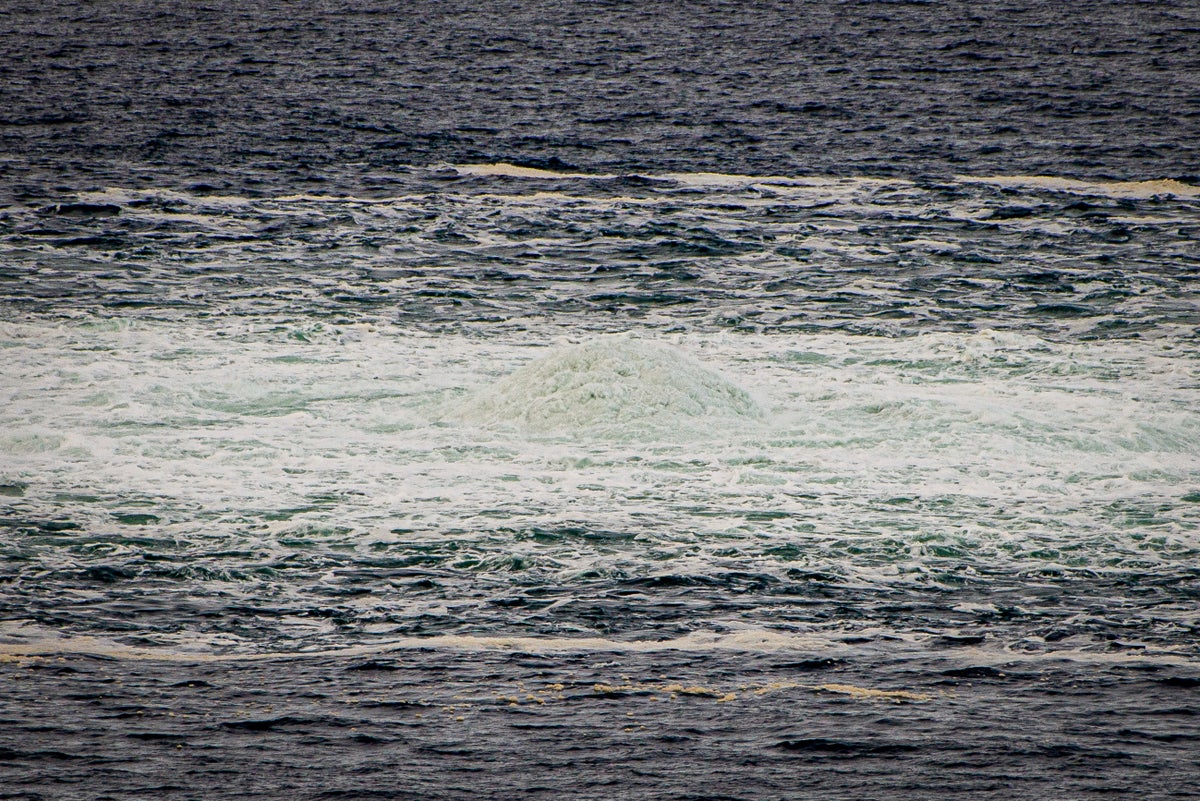
The Swedish prosecutor in charge of the investigation into leaks from pipelines in the Baltic Sea said Tuesday that he has ordered the area to be closed as he carries out a preliminary investigation into “suspected gross sabotage.”
“I understand the great public interest, but we are at the beginning of a preliminary investigation and I therefore cannot go into details about which investigative measures we are taking,” Prosecutor Mats Ljungqvist said late Monday.
The Swedish coast guard said ships, divers, fishing vessels and underwater vehicles, among others, are banned from approaching within 9.3 kilometers (5.8 miles) of the two leaks off Sweden.
Last week, undersea blasts involving several hundred pounds of explosives damaged the Nord Stream 1 and 2 pipelines in four locations off southern Sweden and Denmark and led to huge methane leaks in international waters in the Baltic Sea.
Over the weekend, authorities in Denmark said the Nord Stream 1 and 2 natural gas pipelines had stopped leaking. However, the Swedish coast guard said Monday that one of its planes had reported that the smaller leak in Nord Stream 2 had increased and was about 30 meters (100 feet) in diameter.
The coast guard offered no explanation as to why the leak had increased. The other one, in Nord Stream 1, has stopped, it said.
A Swedish submarine rescue ship capable of advanced diving missions and a Swedish coast guard vessels have been sent to the two leaks off Sweden.
It remains unclear when divers or a submarine will be able to go down to the pipelines.
Danish authorities are monitoring the two gas leaks east of the Danish Baltic Sea island of Bornholm with ships and a a military helicopter.
In Sweden, the Security Services are also taking part in the investigation, while Copenhagen police are in charge of an inquiry in Denmark.
Danish Prime Minister Mette Frederiksen told Denmark's parliament as it reconvened after the summer break on Tuesday that it was “an unheard deed which we look at with the utmost seriousness.”
She said that the investigation “is now underway. Preparedness in the energy sector has been increased. And together with our partners and allies, we are raising awareness of critical infrastructure.”
The U.N. Security Council held an emergency meeting Friday on the pipeline attacks, and Norwegian researchers published a map projecting that a huge plume of methane from the damaged pipelines will travel over large swaths of the Nordic region.







